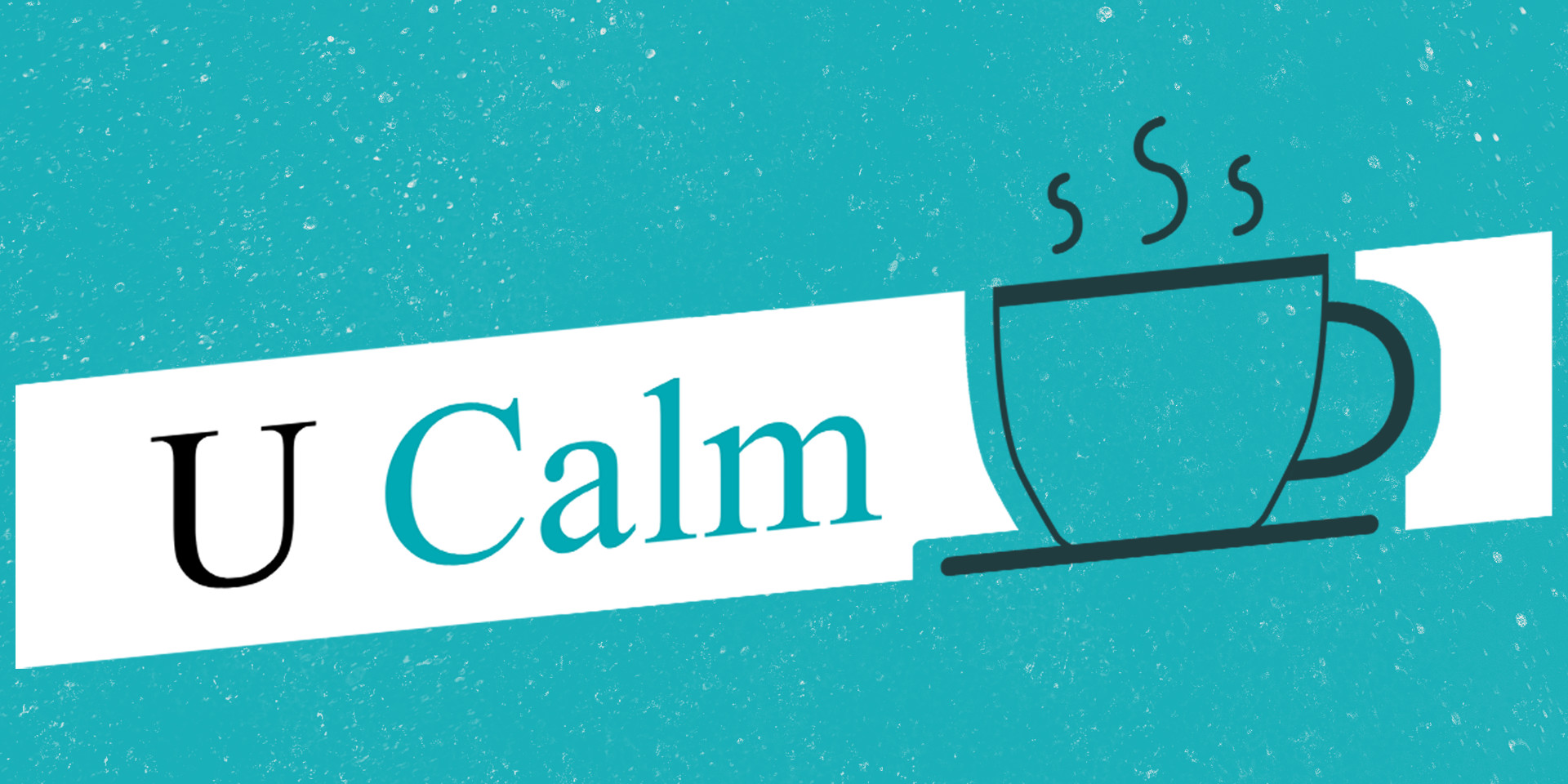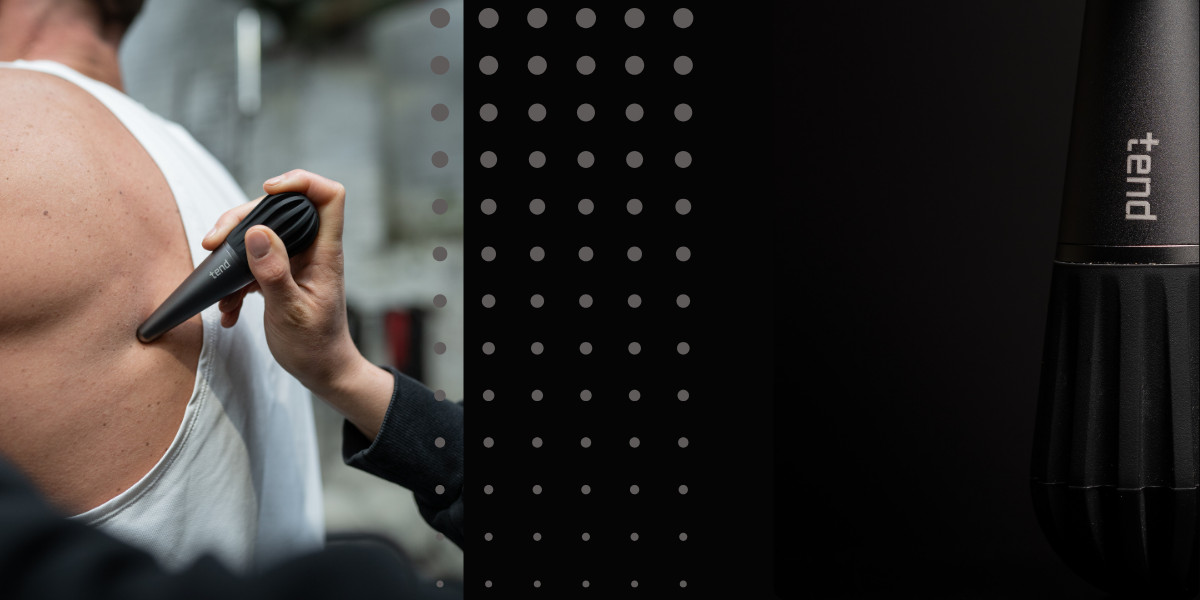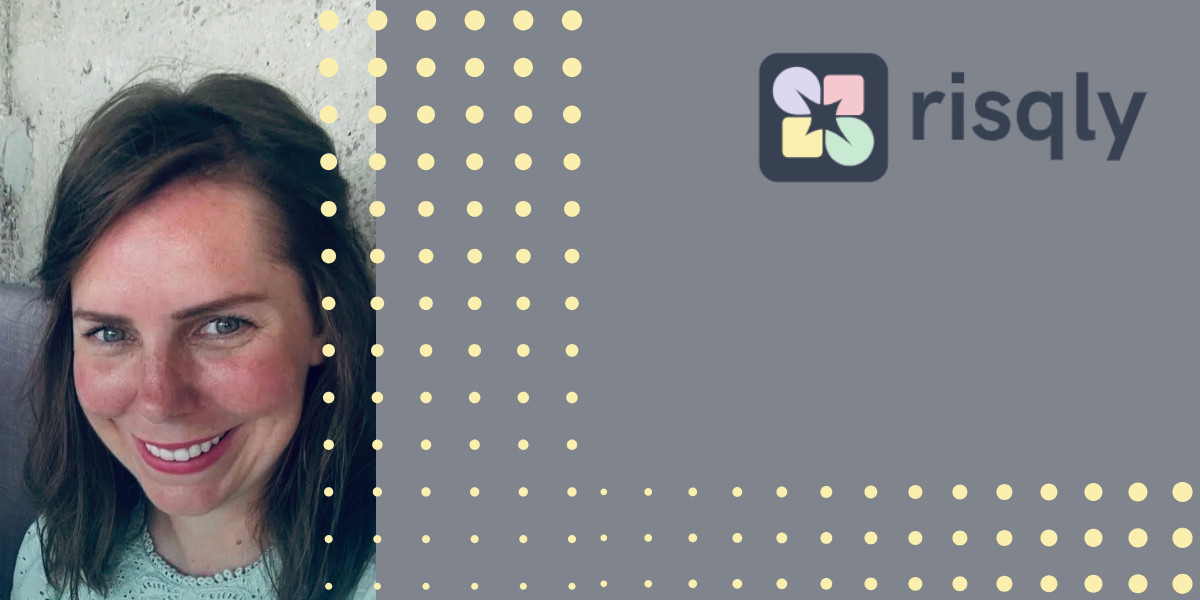Meet Matthew, from our Cooper Project
Matthew Bate, a fourth-year engineering student at the University of Sheffield, joined the Cooper Project in October 2020.
Tell me about your business idea
The business idea is a wellbeing app for students called ‘U Calm’.
U Calm has two aims. The first, to bridge the gap between students and community support services within the university context, and the second, to provide a space for students to learn about their mental health.
How did you come up with this idea?
The idea essentially stemmed from a group project at the University of Sheffield. As an engineering student, I enrolled into the ‘Sheffield Engineering Leadership Academy’, a programme designed to teach leadership skills within a real-world context.
Over two years of doing this programme, we had many different projects and, in Year 2, we had a brief which tackled assistive technology and the use of data. Following that brief, a group of us started working together and we came up with the idea of U Calm.
After coming up with the idea for U Calm, we focused on developing the concept of the service – we were able to work with contacts within the NSH which really helped us flesh out this idea.
From the beginning we always wanted to do something with the idea, but then we got hit by Covid, so that limited the progress we could do within the University. Despite this, a few of us decided we wanted to take it further, which is how we ended up on the Cooper Project and how we’re now able to turn it into an actual business!
What was the inspiration for this idea?
The inspiration lies with our personal connection to mental health. Our slogan for the app is ‘wellbeing for students by students’ and that’s very much true. It’s a problem we’ve lived through and have first-hand experience in, and we want to try and fix it.
Have you received much support from the Cooper Project?
I couldn’t speak highly enough of Rose and Tom who run the Cooper Project for the support that they have given, because it’s been incredibly helpful. Not only do they support with their expertise and useful advice for the business side of things, but they also support you on a personal level. Tom uses the phrase ‘a critical friend and a shoulder to lean on’, which is exactly what you get.
At the time I joined the Cooper Project I was living in Glossop, so despite the restrictions caused by Covid-19, I was supported virtually from the get-go! ‘Cooper Chats’ are set up weekly, which is a great way of keeping in touch with the other start-ups on the project and sharing any worries, advice or experience with one another.
What stage is the business currently at?
We are in the ‘validation’ stage at the moment. We essentially came to the Cooper Project with assumptions of what the problem is (mental health for students) and what the solution is (U Calm), and now we’ve been trying to validate that.
To do that we’ve been running a questionnaire campaign, we’ve done a lot of outreach in Sheffield and we’re looking to reach out to other universities in different cities – so that’s to validate the user, which would be the student.
Alongside that, we’ve got a second notion of validation which is for the customer, the university. This is important as in the future we want to run the service as a subscription for universities, which is then free to use by students.
In the new year, we will be focussing on ‘formation’, which is all about asking ourselves ‘what skills do we need’ and ‘where can we find them’? For example, within the team we don’t have a tech developer, so that’s something we need to look into!
What makes U Calm different to other similar apps?
There are other apps for wellbeing but I think our primary difference is our context, we’ve got a very particular demographic that we want to tackle. Essentially, the unique selling point for the user (the student) is that the app is bespoke to them and their needs.
However, the university is going to be our customer, so they are the ones who are going to be paying for it. Our USP in terms of that is the data. We will be able to provide the university with an insight into the student body, such that they can dynamically respond to how their students are expressing their wellbeing and at different times of the year.



